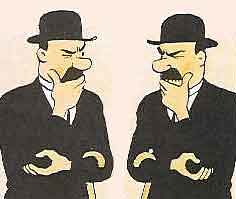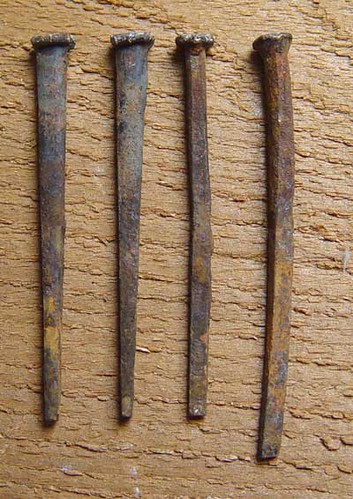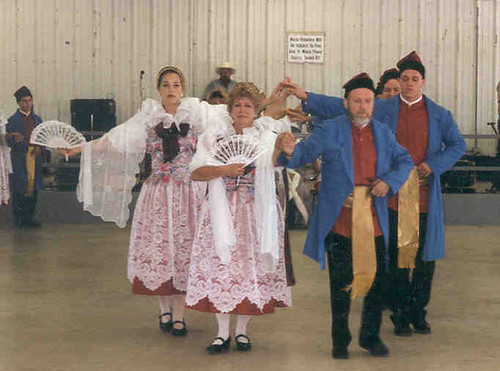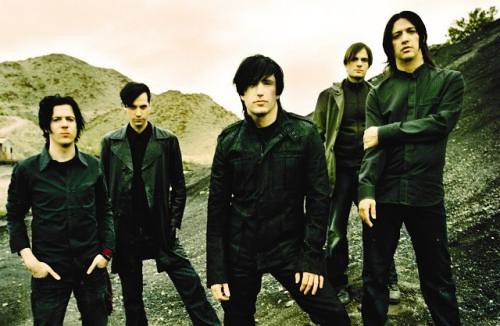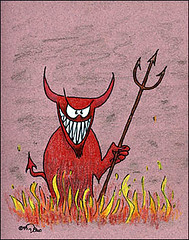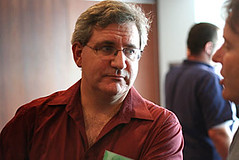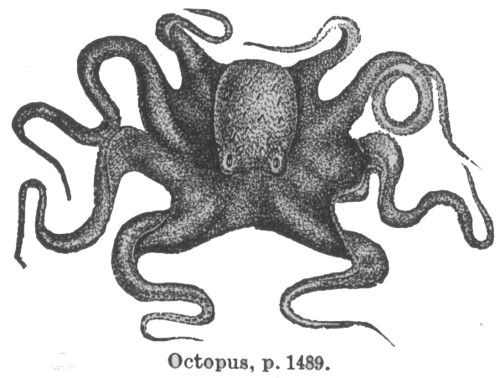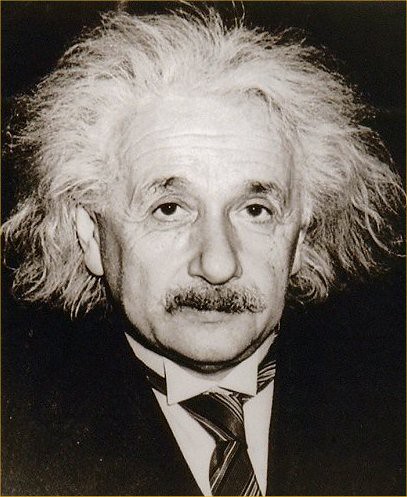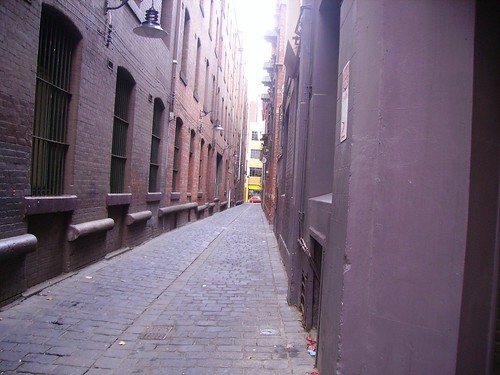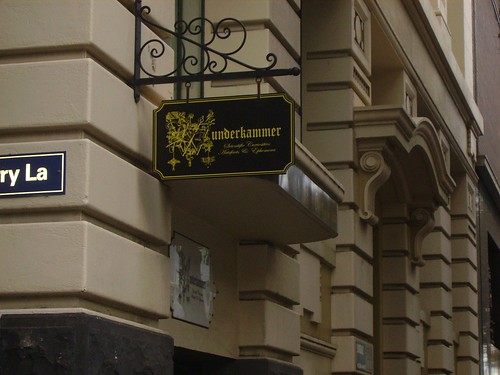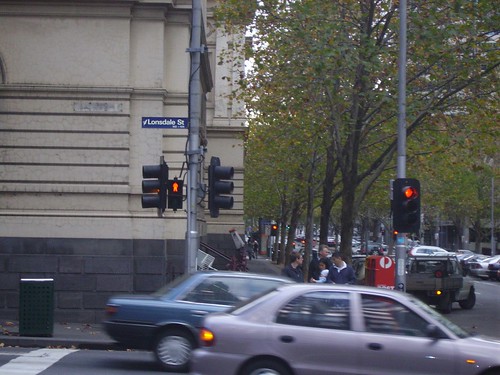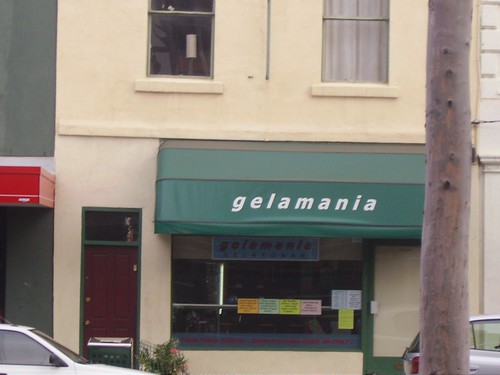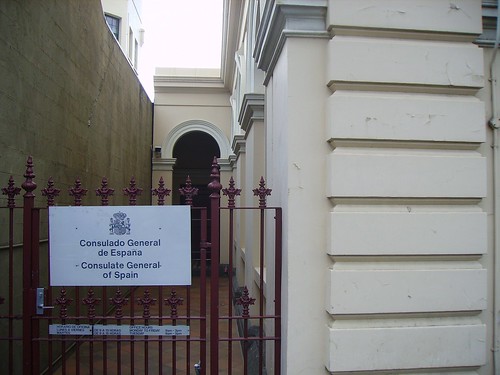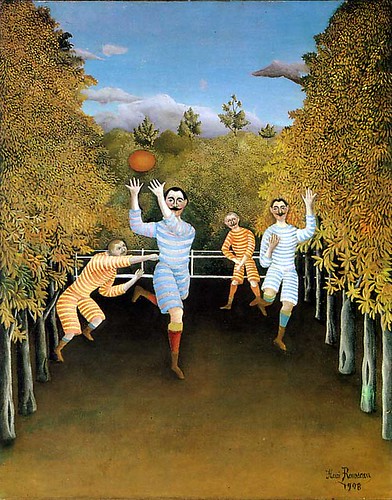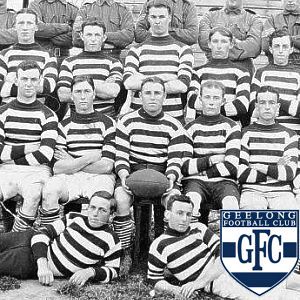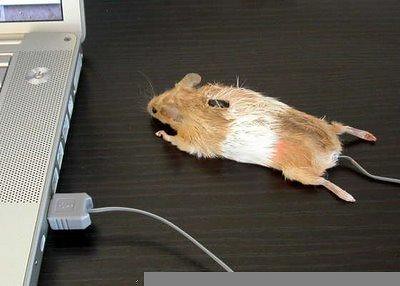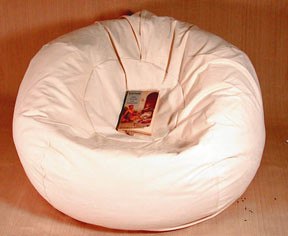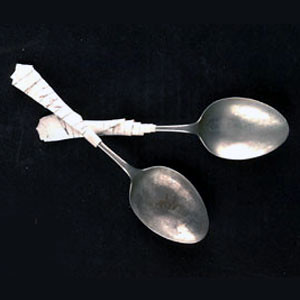I've taken to reading biographies lately. One reason being that I'm an appalling judge of character, so anything that helps me get a grasp on what makes humans tick has got to be good. Another reason is a growing curiosity about people who I only know through books - all right then, writers.
So I've been interested in Alan Jacobs' 2005 biography of C S Lewis:
'The Narnian: The Life and Imagination of C S Lewis' for a while now.
Alan Jacobs is a apparently 'Professor of English and the director of Faith and Learning Program at Wheaton College in Illinois', and
has a blog here (it's mostly cut-and-paste from other magazines, though). Everyone knows who C S Lewis is, or at least used to be: the writer of the
Chronicles of Narnia, and a whole lot of other stuff too. These days, it's mostly the other stuff that tends to interest me: not that I don't love the
Chronicles - I do - but after reading the books a certain number of times, your geeky obsession starts looking for other objects of obsession. That's where books like
Out of the Silent Planet (the first in a science-fiction trilogy);
The Screwtape Letters (Christian satire, in the form of letters written from a demon, Screwtape, to his student);
The Pilgrim's Regress (a modern allegory, partly drawing on John Bunyan's writing); or, indeed, any published version of his collected or selected essays that I can get my hands on.
As the title suggests, though,
'The Narnian' is centrally concerned with how and why Lewis came to write the Narnia books. Its release date, in 2006, sort of suggests that the publishers wanted it to coincide with the release of that awful Hollywood version of
The Lion, The Witch and the Wardrobe. It's much more than that, though; it ranges from Lewis' childhood, the traumatic loss of his mother, his experiences in the first world war, his encounters with Yeats (in person, twice) and Chesterton (in writing), his strange relationship with Janie Moore, and his late-in-life marriage and romance with Joy Davidman. It's really a biography of Lewis' mind, causing Jacobs at one point to make the curious statement -
... we will soon explore the contours of that inner life. But first, the external world remains to be dealt with.I'll say! This is written at a point before any of Lewis romantic encounters, and even before his experience as a soldier during the first world war. External events, indeed!
More curious is the statement that comes at the beginning of the second chapter:
... one might very well assume, upon reading this passage, that our author would hold up as a shining counterexample to Experiment House the great tradition of the English public school... but one would be so, so wrong.... And near the end of his life he wrote to a child who had read his Narnia tales, "I was at three schools (all boarding schools) of which two were very horrid. I never hated anything so much, not even the front line trenches in World War I. Indeed the story is far too
horrid to tell anyone of your age.Actually, Jacobs is wrong. In several of his essays, Lewis defended the English public school system, and it would be interesting to know why. One reason would be because Lewis disliked what may have been a modernising tendency of Government schools: but it's hard to know. Jacobs notes at one point that Lewis did not read newspapers or periodicals: this can't have been entirely true, because Lewis wrote a number of articles and essays for publication in these periodicals; his book,
'Mere Christianity' was initially a series of radio talks given on the BBC; and
'The Screwtape Letters' were initially a series written for a newspaper. You wouldn't know it from this book, but he was a committed conservative: this much is clear if you read his essays. It is curious that this part of C S Lewis' mind is ignored. It's not because Jacobs doesn't want to be critical of Lewis. (In the later part of the book, he lays into Lewis for his anti-feminism). Maybe Jacobs didn't want his biography to be too long and complicated; so, examination of Lewis' religious
life is in, politics are
out. Still, that's no excuse to say things that are untrue.
In a similar fashion, Jacobs dances around Lewis' decades-long relationship with Janie Moore. One onlooker to this relationship says that they are clearly 'devoted' to one another. Lewis' brother, Warnie, detested Moore and the 'mysterious' hold she had on her brother (though he was quite happy to live together with them at Lewis' house, the Kilns). Jacobs never seems to know whether he should tell too much, or too little, and how much he should tell. Do we really need to know what the wife of an academic who once held a talk on C S Lewis thought about his private life? Apparently, we do, even if it is relegated to a footnote. Lewis himself was quite happy to keep his private life private; shouldn't this be respected? However, Jacobs deals sensitively with her decline and death; once he describes her death, he notes 'Nothing more needs to be said.' But later - he can't help himself - he again starts wondering about the relationship between Lewis and Moore. He does a lot of talking about what Lewis didn't want to talk about, that much is clear!
These are minor criticisms. The bulk of the book is an involved inquiry into Lewis' Christianity. Key concerns of Lewis (immortal life, morality, Christian tradition) are examined at length. Then Jacobs returns to the
Chronicles and examines how these concerns appear in those novels. It's a curious method; at times, the books are treated almost reverently, as if they are a Biblical text from which the meaning is to be discovered. The arguments are rigorous and the philosophical questions are interesting; it's just a pity that the focus is so narrow. It would be interesting, for instance, to see more of a focus on how Lewis' ideas appear in his science fiction trilogy. (Apart from a few examples of intellectual pulp - the 30 page psalm at the end of 'Voyage to Venus', for instance - they are astounding and original works: Arthur C Clarke with some Milton chucked in).
One more disagreement, and a geeky one this time: Jacobs refers at one point to the respective achievements of C S Lewis and Tolkien, seeming to preference Tolkien's achievement as the greater (couldn't find the page for this, I'll have another look later). I think this is wrong, wrong, wrong: Lewis' literature had a far deeper and more original mind than his great friend, Tolkien, as is shown in the way he comes to grips with many different forms of literature from different ages. Even when Lewis fails to achieve his aims in literature (as in parts of his science fiction trilogy) the ideas are always interesting, and remain as an inspiration for later writers. Try as I might, I never get the same sense of intellectual exhilaration reading Tolkien as I do reading Lewis.
***
But then, this is the book I paid for. Jacobs writes well about a much loved author, and his book is certainly worth reading.
